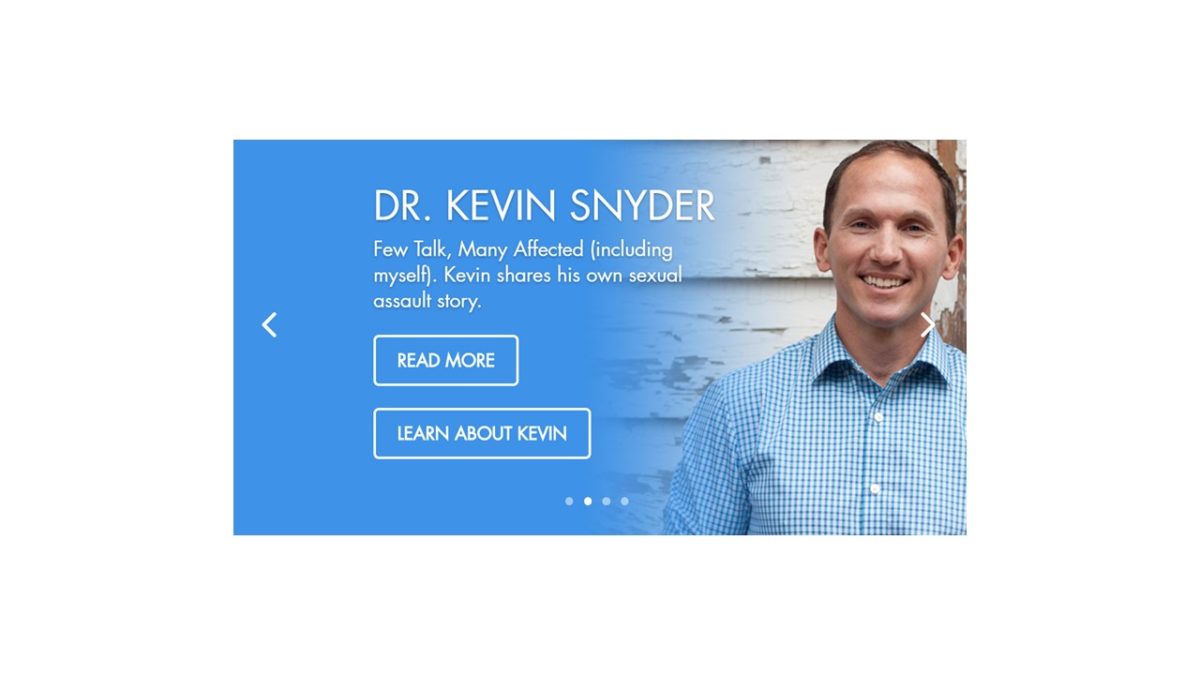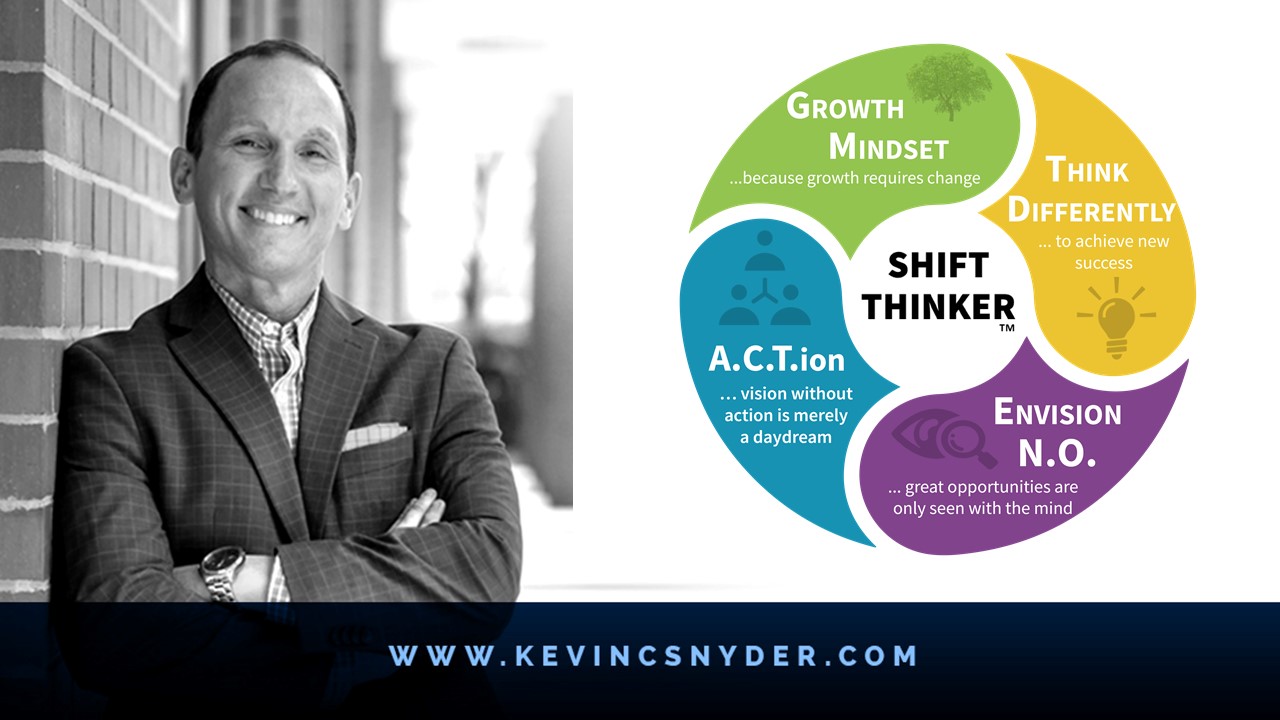Disclaimer: Please be advised this article outlines details from the evening of a sexual assault.
This is my story of sexual assault and why I waited so long to reveal it…
I am a 42-year old man, and I was sexually assaulted by another man in the fall of 1999. This is the first time I’ve publicly revealed the details of my traumatic experience in writing. I don’t remember everything from that evening, but what I do remember I wish I could forget.
The purpose of revealing my experience now is to share sexual assault from a male perspective, to explain why I waited nearly 20 years to tell about it, and to add a voice that just might empower others to find theirs.
The person who assaulted me was someone I worked with and viewed as a mentor. I was 23 years old, fresh out of college and in my first job. I believe he was in his late forties.
The assault took place on a business trip roughly 1,000 miles away from the office. He lived in the area I was visiting and invited me to his house for dinner. What began as in invitation to grill tuna steaks on his pool deck ended up being a horrific night forever engraved in my memory.
When we walked into his kitchen after I arrived, I noticed pictures of his wife and kids on the refrigerator. His children’s art was displayed everywhere. We talked about his family and he casually mentioned they were out of town.
My phone rang as he began marinating the tuna steaks. It was my girlfriend. She was upset about something that happened at work so I excused myself from the kitchen to talk with her.
When I returned about 30 minutes later, I apologized to him. I felt rude for being away so long. He asked several questions about my girlfriend, and I remember feeling surprised at how intrigued he was with my answers.
When the food was ready, I remember looking at the clock. It felt late. It was 9:17 p.m.
We sat at the table in front of his living room couch. The television was on, but I don’t remember what we were watching.
The last clear memory I have was taking a couple bites of the tuna steak and a few sips of a strawberry daiquiri that he had made during the time I was on the phone.
My next memory was when I began to regain consciousness. He was on top of me, groping my body. His hands were inside my pants. This is the how the memory played over and over in my memory for years—like watching a true-life movie on repeat.
I knee him in the groin and push him off me. I am confused about where I am, who I am with…I feel dizzy.
I notice the clock. It’s 3:13 a.m. now. I had been unconscious for nearly six hours but I didn’t compute that right away.
I am scared and don’t know what has happened. I realize that no one knows where I am.
I run up the stairs and see a bedroom. I run in and slam the door, but there is no lock. I see a large dresser. I push it across the room and shove it against the door. I remember it being extremely heavy. I sit on the floor as I continue to drift in and out of consciousness. I feel weak. It occurs to me that I have been drugged.
I wake up again with him banging on the bedroom door. I stare at the door knob as it begins to turn. I yell, “Stay out!”
Once he realizes the door knob turns but the door won’t open, he begins to bang the door against the dresser. I sense his rage escalating and realize that whoever this person is, he might kill me. I feel terrified. He is twice my size and out of control.
I move to the opposite side of the room and watch him finally break the door down and shove past the dresser. I continue to yell at him to stay out. My body feels paralyzed and my throat becomes numb. I can hardly move. I cannot scream any longer. Shock has set in.
Somehow, I muster the strength to dodge past this monster and get out of that room. I jump off the 2nd story balcony and into bushes which luckily lessened the impact of my fall. Then I run to my car and speed away before he gets to me.
A few miles down the road, I pulled into a Days Inn hotel parking lot. I sat there crying and in disbelief of what just happened. The clock in my car now read 5:17 a.m.
Unsure what to do next, I called my boss. But there was no answer.
I left a message and simply said, “This is Snyder. I think I was drugged and sexually assaulted tonight by _________. I’m in a Days Inn hotel parking lot a few miles from his house. I don’t know what to do from here.”
About an hour later my boss called me back. On the same line was the Executive Director of our company and our company attorney. They repeatedly asked if I was okay. They seemed as shocked as I was traumatized. I told them everything that happened, but I begged them to not tell anyone else.
They advised me to go to the hospital and file a report with police. I did neither because I knew this would escalate the situation.
I never told my family, my girlfriend, or my best friends about the incident either.
Why didn’t I tell anyone else? Why didn’t I report this to the police?
Back then I had never heard of a man being sexually assaulted by another man. I felt embarrassed, ashamed, angry, disgusted, weak, naive, and confused—all at once. I felt weak for not being strong enough to protect myself. I felt naive for even going to his house in the first place. I felt it was my fault for being victimized.
My self-perceived social stigma alone was powerful enough to silence me.
And each time I thought about telling someone, I felt that I would be reliving the trauma, and I just wanted to forget it happened.
But I never have forgotten. And I never will.
When I first began speaking to college students in early 2000’s on topics of leadership and battling through adversity, I felt comfortable disclosing personal stories of how I got through a period of depression and what I learned from making mistakes such as being arrested as a teenager for a foolish shoplifting incident. I never disclosed my personal story of sexual assault though.
I was always amazed how many students would talk with me after my presentations. They would reveal experiences of adversity and trauma at levels far beyond what I shared with them—from eating disorders to physical abuse to sexual assault. And as they talked with me, I felt their relief as they disclosed their stories to me—a total stranger.
Over time I began feeling hypocritical about not sharing my sexual assault story after so many students shared their stories with me. These students didn’t know we had even more in common than they thought.
Few talk, many are affected.
It wasn’t until last year—2017—during a campus keynote presentation with students at Longwood University that I felt enough vulnerability and courage to finally, and publicly, reveal my experience of being sexually assaulted by another man nearly 20 years ago.
The feedback was astonishing. There was a standing ovation.
The reaction meant others connected with me. What mattered most though, were the conversations with other survivors and the handshakes and hugs from both men and women afterward.
During my presentation that night, I discovered my voice to help others find theirs. And although I felt terrified before that presentation, completely uncertain how my story would be perceived by an audience of young strangers, I felt the fear and shared the story anyway.
I recognized that night my trauma could be used for good to help other survivors like myself—male and female—not to feel the shame, guilt, and loneliness that I did. And when I realized I could use my devastating experience to help them, my experience became bigger than me. I finally felt freed to a broader purpose within my speaking about overcoming adversity and developing a positive mindset.
That night I also learned my experience could empower those who had not experienced sexual assault to develop empathy for those who had. Through empathy, seeds of understanding are planted. And through understanding, education blooms on what we can all do to prevent sexual assault from happening, to discuss it appropriately when it does, and support others who suffer the experience.
The feedback from students at Longwood University inspired me to continue sharing my story not just with campuses all over the country, but also with professional organizations I speak to as well.
I’m aware that sharing my story in the setting you are reading is risky. What’s more risky is not sharing it.
As a man, I’m aware some will question what I could possibly contribute to the conversation about sexual assault awareness, prevention, and survivorship that has now reached an international and political level. I understand that.
My hope is to share perspective with those who have never experienced sexual assault and empathy with those who have. My hope is to use my voice for good to inspire others to find their voice. I also wanted to explain why I waited so long to tell and why I don’t remember all the details. But I do know it happened—100 percent. I still know the full name of the coward predator who assaulted me, and I could identify him in a line-up of 1,000 people.
To my fellow champion survivors, whether you share your experiences or not, know you are not alone. You do not need to reveal your story to be strong. You are powerful by being resilient. You’ve already come this far.
Two days after I reported my sexual assault to my boss in 1999, our company attorney called me. She had received a phone call from the predator’s attorney who claimed I assaulted him. The details were opposite to the truth. It was now a case of he-said-he-said.
I had no physical evidence to prove it had happened other than my side of the story. This is when I realized I made a mistake by neither going to the police immediately to file a report nor the hospital to get tested for whatever drug(s) were in my system.
Furthermore, the predator’s lawyer threatened to sue me for defamation if I didn’t keep the incident confidential. They also requested that I sign a confidentiality document stating that nothing inappropriate happened that evening. I told my attorney I would never sign anything.
I never did sign a confidentiality document about the incident, but I also never pressed charges. I just wanted to move on. I wanted to forget anything, everything, that happened. But I never did. And I never will.
No longer am I reliving my trauma when I share it. My struggles have given me more strength and purpose than you could possibly imagine.
If you are a survivor of sexual assault, I hope my voice inspires you to share your story with someone. Talk with a professional. Know that campus and community resources exist to support survivors wherever you might be. Contact me if I can help you find them.
I hope the details of my trauma have provided perspective on why survivors don’t report, why survivors sometimes wait to reveal, and why survivors can’t recall every single detail.
We don’t want to remember. But it doesn’t mean it didn’t happen.
#FewTalkManyAffected




